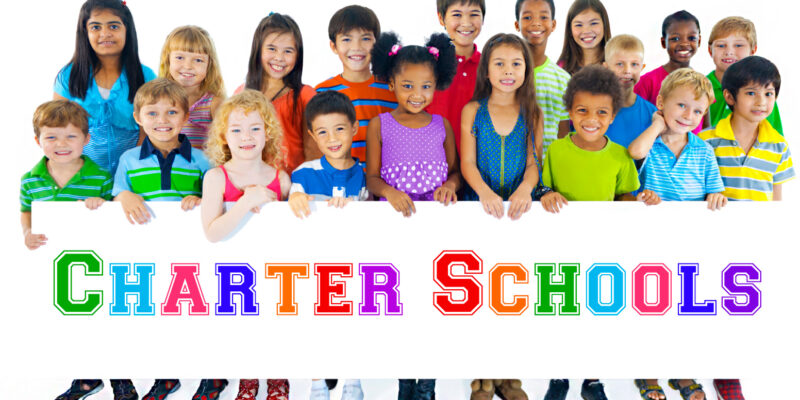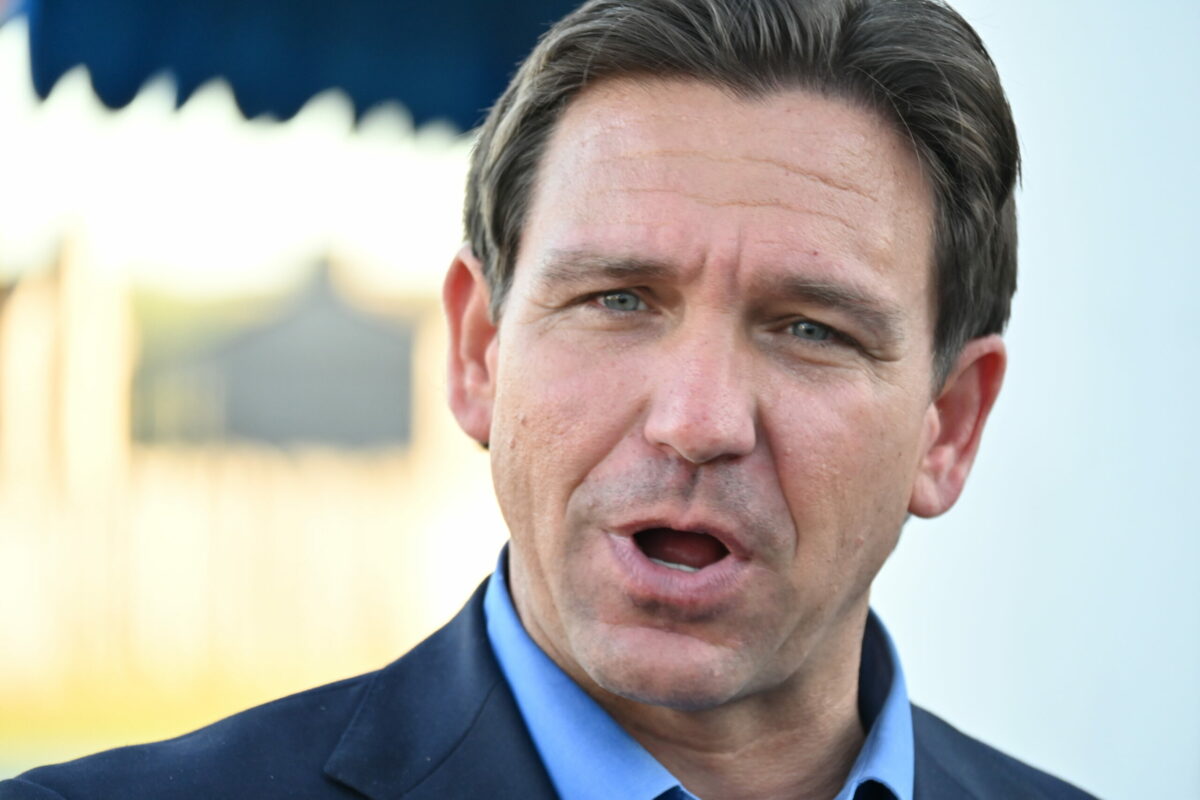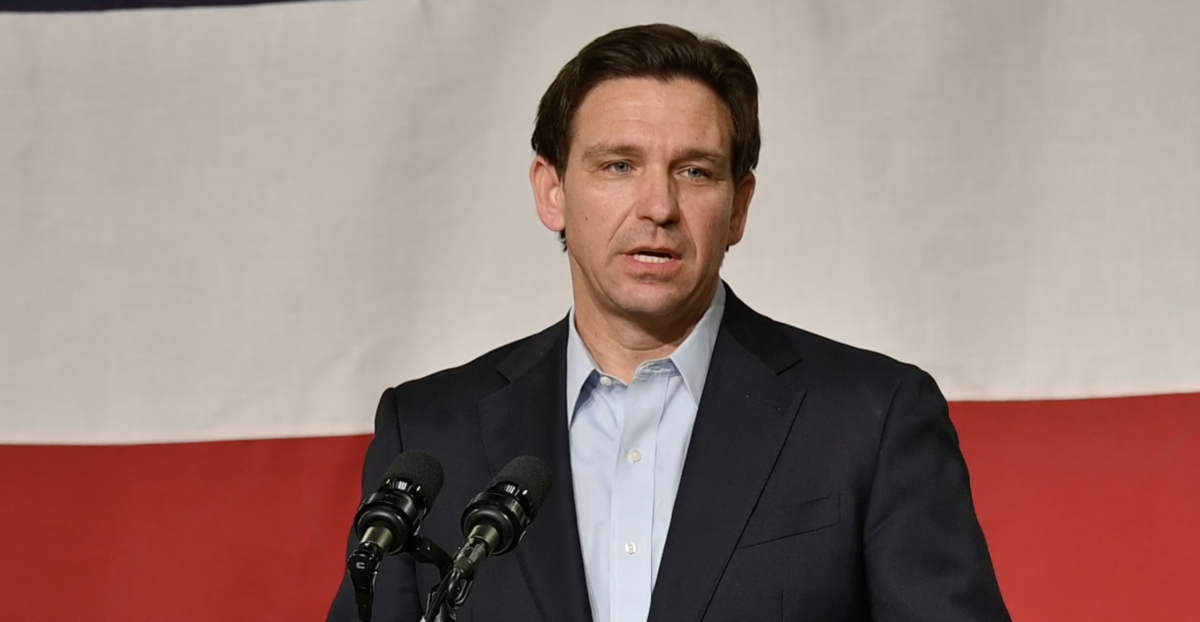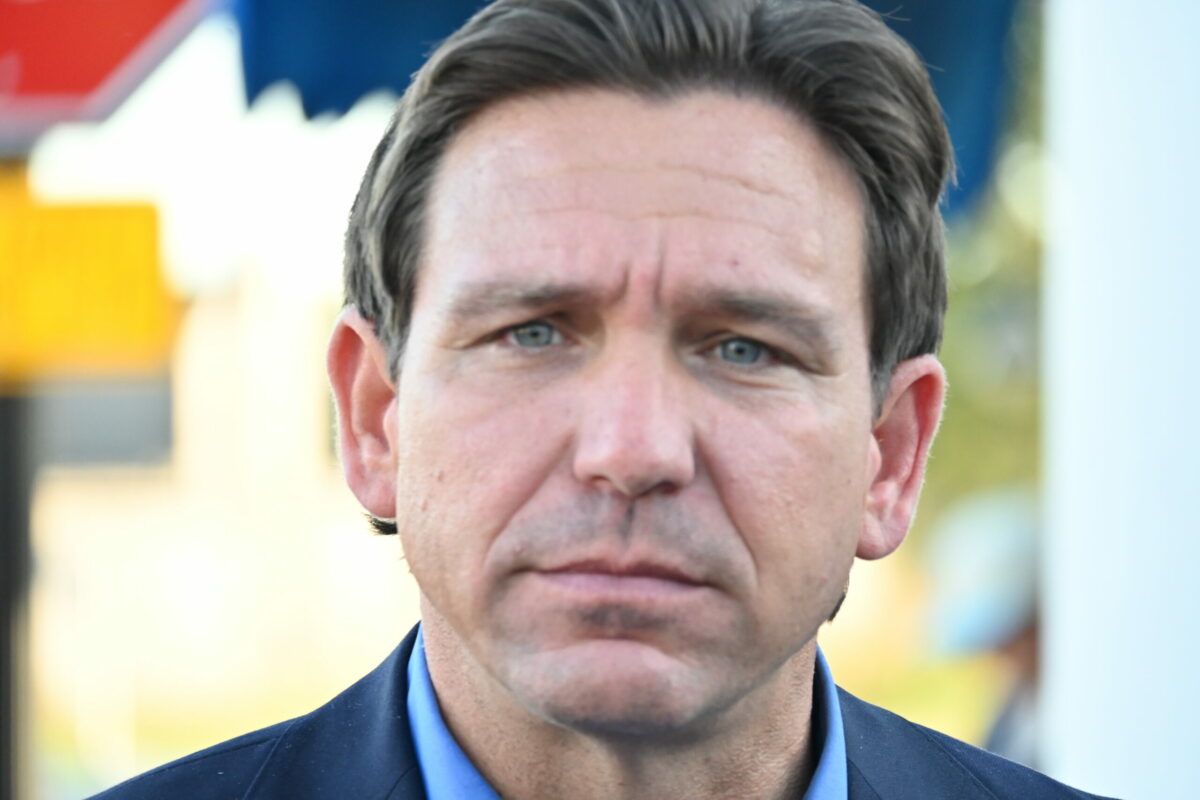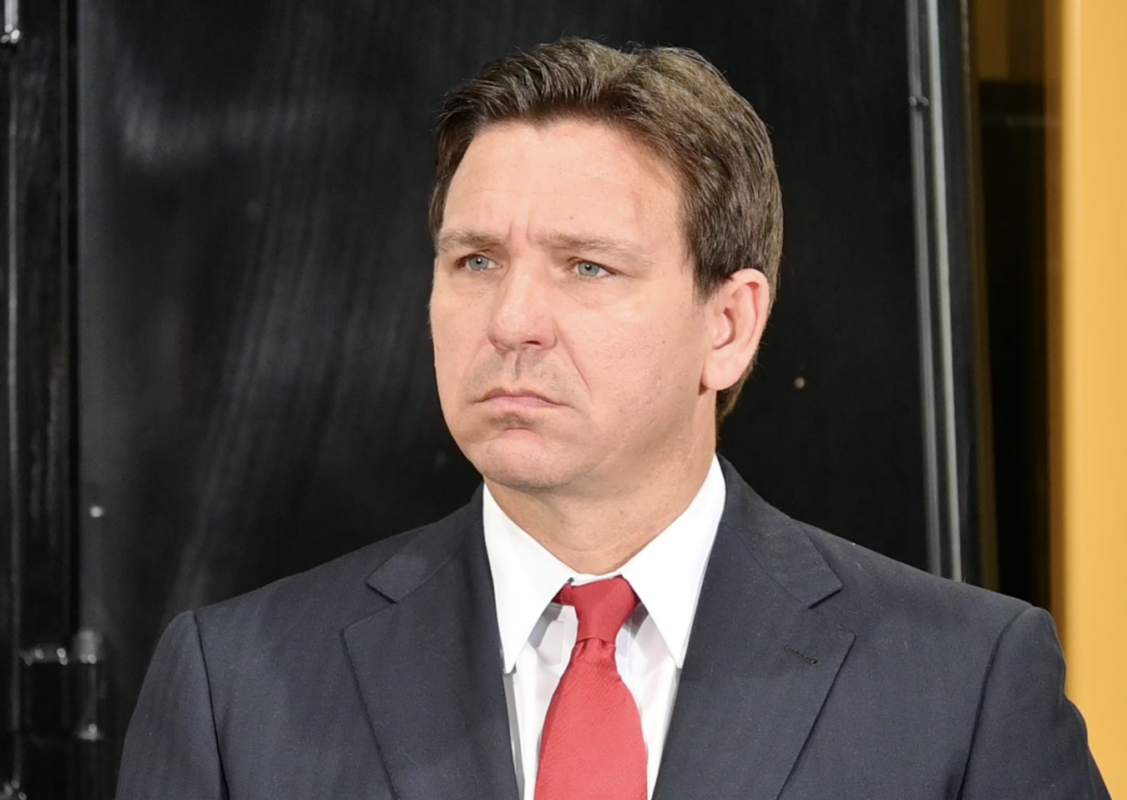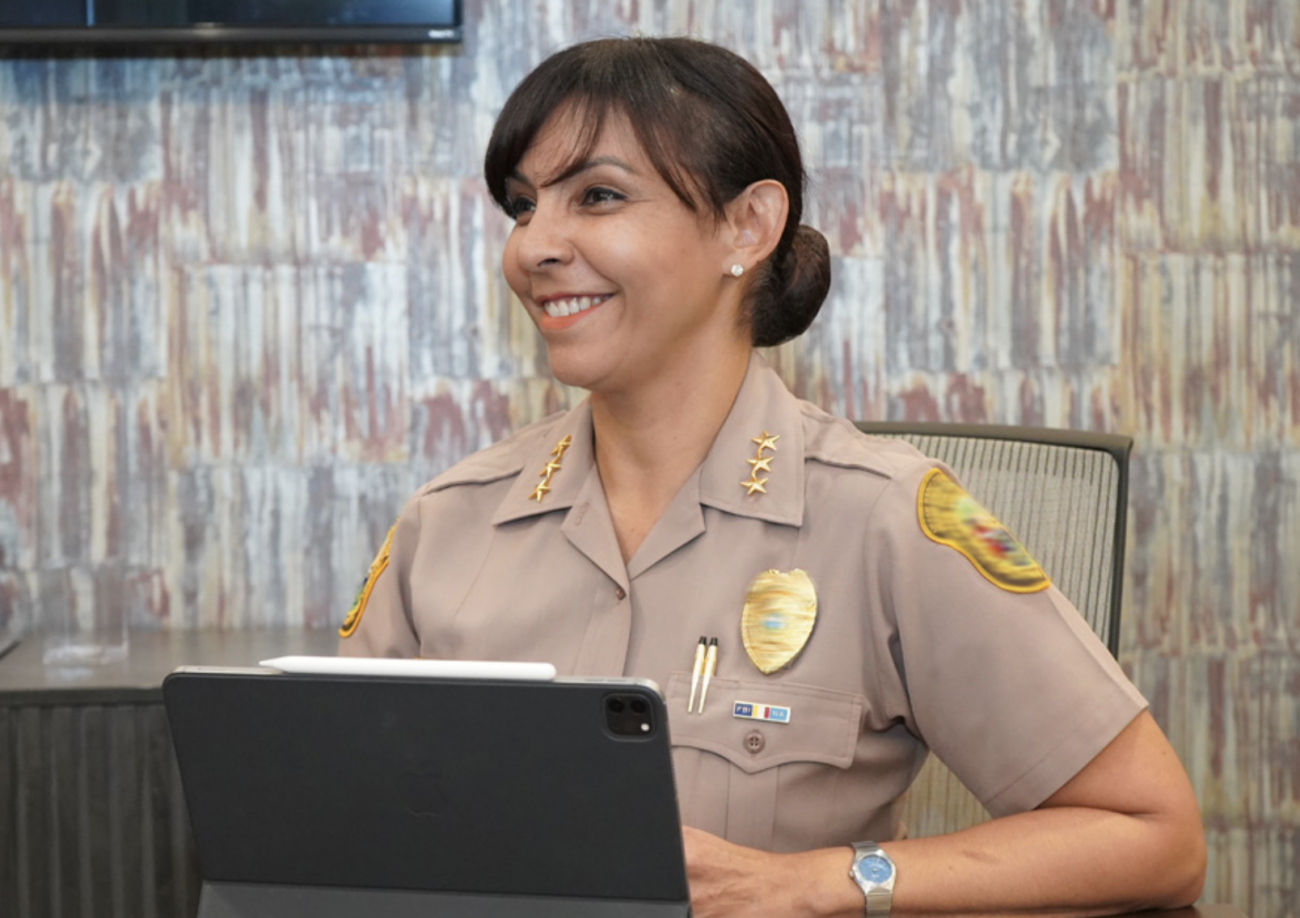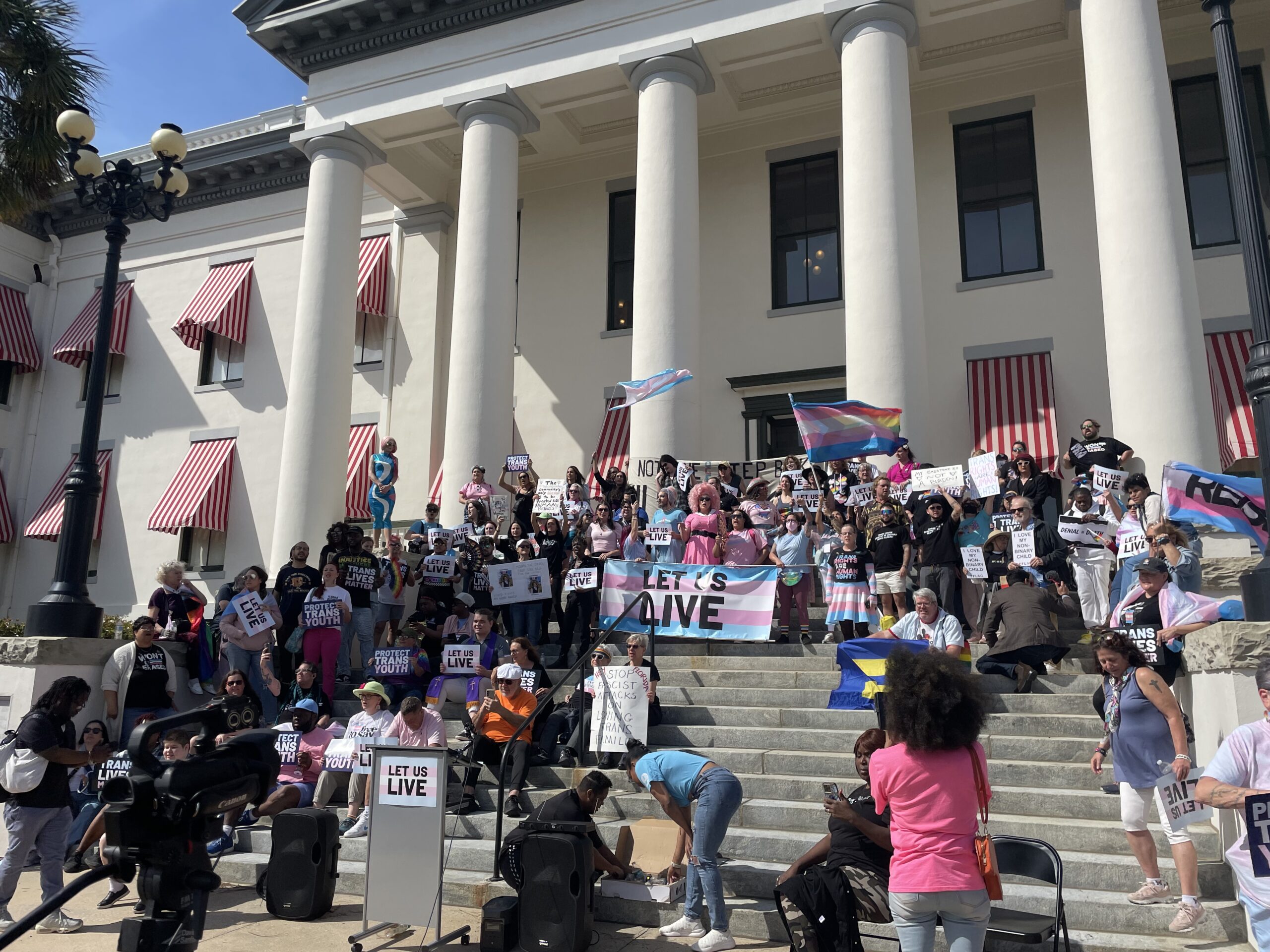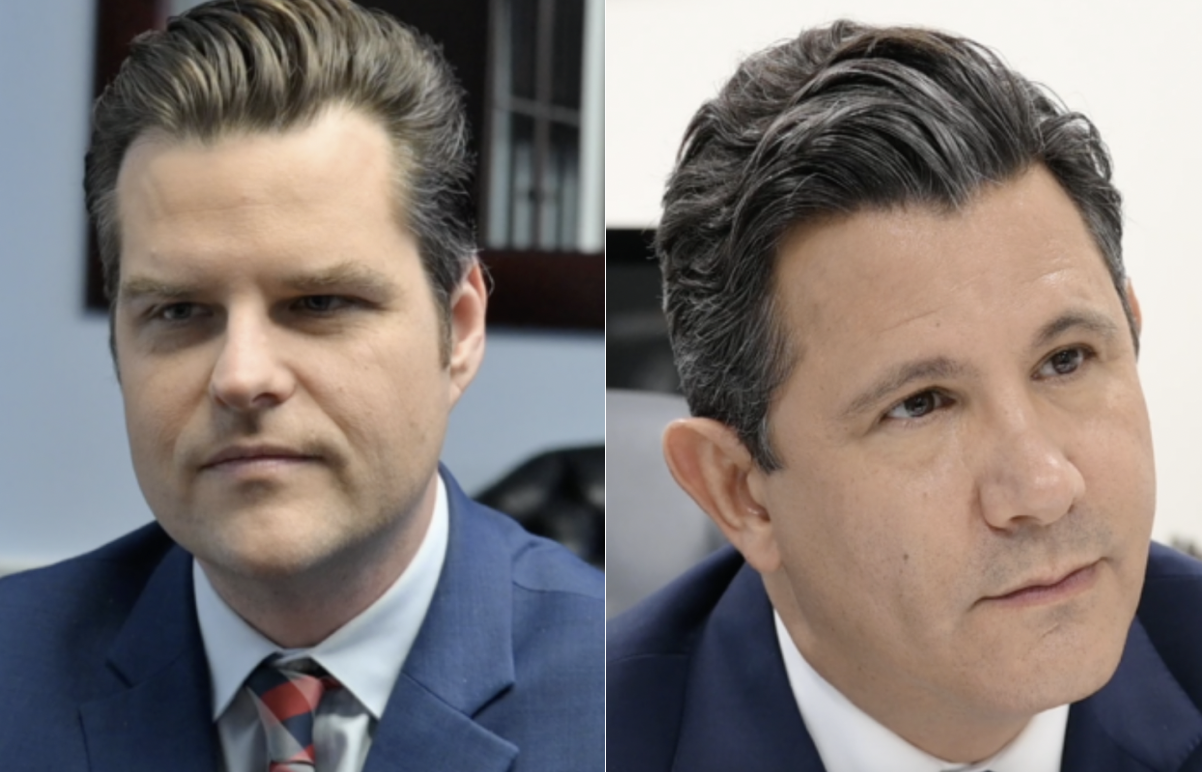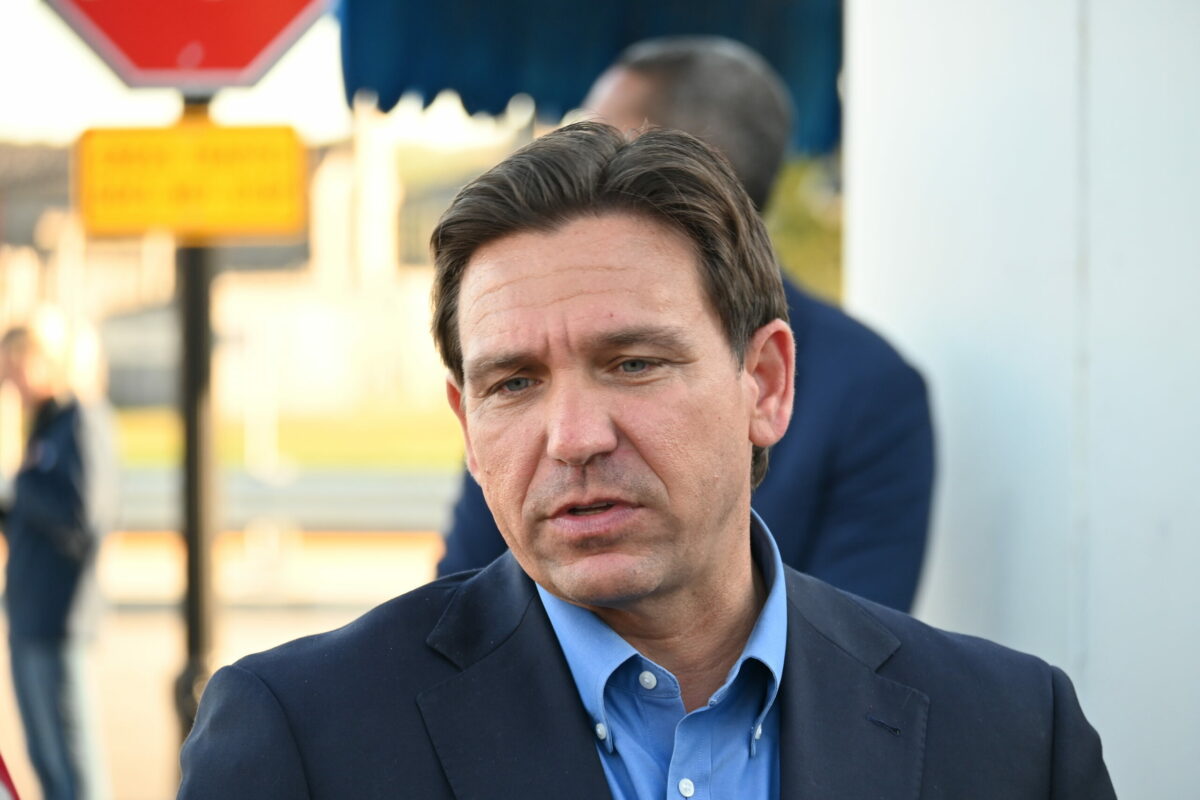During what is hopefully the beginning of the end of COVID-19, the question of opening schools around the country has already been the subject of many political talking points. In some states, it's been the issue that matters to most parents.
However, the debate of charter schools and public schools, and where that fits with school choice, has been a long disputed topic, especially in the state of Florida.
In fact, a centerpiece of Governor Ron DeSantis' (R-FL) victorious 2018 campaign was based upon school choice, which included charter and technical schools. According to the National Victory Strategies poll of 405 Polk County Voters, 77% favored school choice to a magnet, charter, or private school.
Interestingly enough, only 18% of voters oppose charter schools, so why does DeSantis catch so much grief from democrats who insist he remains ignorant on the subject?
But how does this topic change with the 2022 midterms soon, and COVID still a challenge for Floridians?
Local Florida lawyer, Ed Pozzuoli of the firm Tripp/ Scott, appeared on Fox & Friends to give his take on the big debate.
Pozzuoli, who is a big advocate of charter schools and school choice, had this to say about the state of Florida, and its direction with the DeSantis Administration facing the challenges with COVID that lie ahead:
"In Florida, through the urging of Governor DeSantis and Commissioner of Education Richard Corcoran , we were able to push open live instruction, and empowering parents with a choice, whether to send their children to public charter schools and regular district-run schools with a live instruction option, it was up to the parent. The parent could send their child to a live instruction, it's done with all the safety protocols in place, based on CDC requirements, and the science says that you could open schools safety."
When asked about disadvantaged students during this time, Pozzuoli explained that since COVID, the achievement gap between disadvantaged students and conventional students has "widened," furthering the need to open schools, as these students typically view school as a "Safe space."
Pozzuoli continues to believe that closing down schools is also closing off opportunities for these disadvantaged students to compensate for the growing achievement gap.

